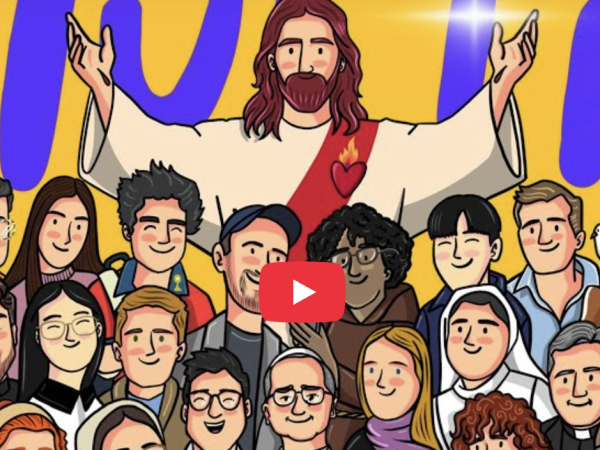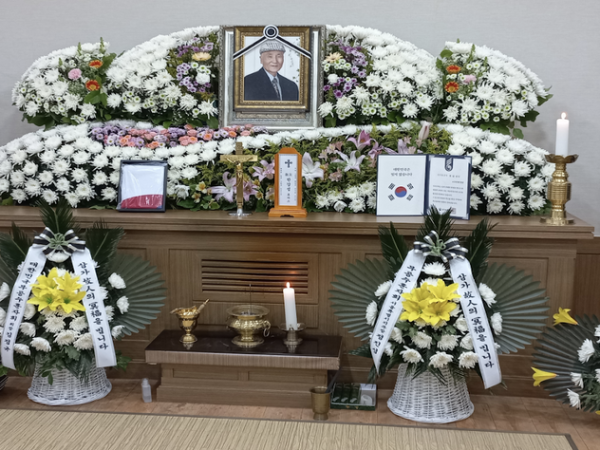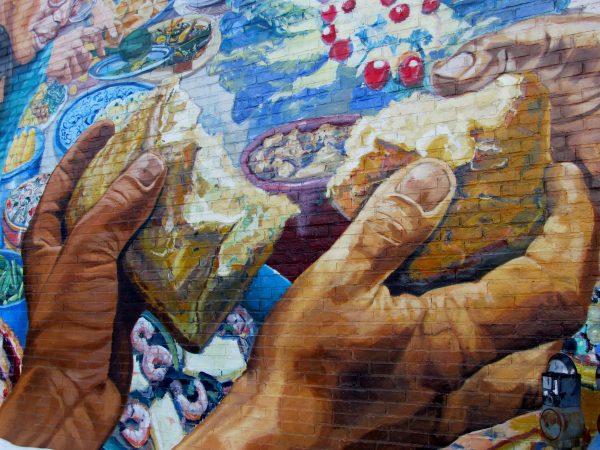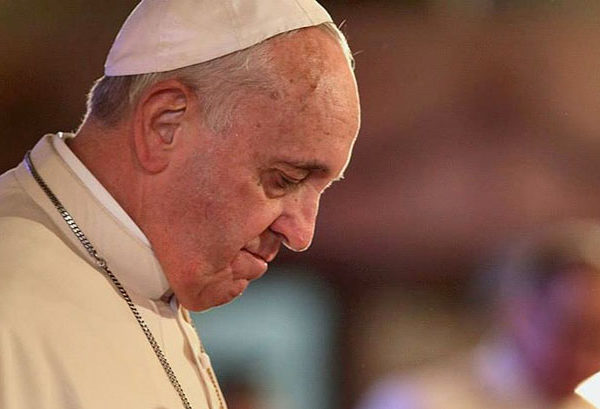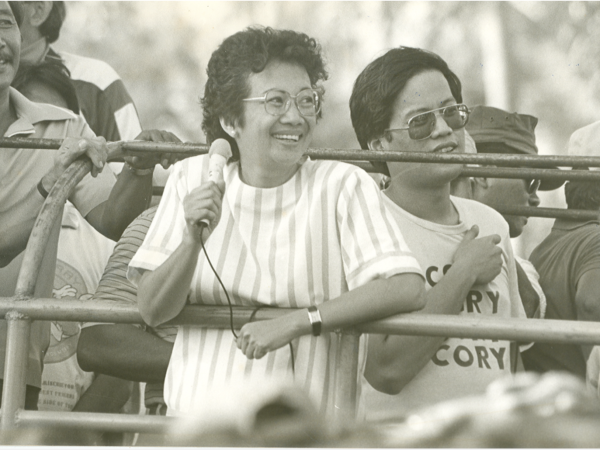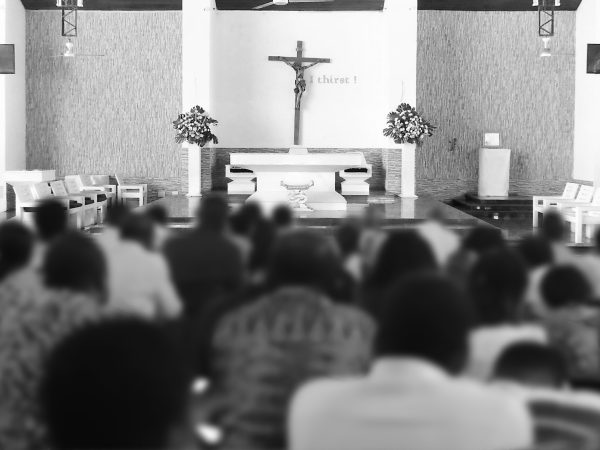
Worship, with its “meaning-laden symbols, repeating rituals, sacred texts, shared song, prescribed prayers, re-enacted narratives,” has a way of moving the worshiper away from what is proscribed to what is prescribed; in effect, from the vices of corruption to the virtues that promote the common good.
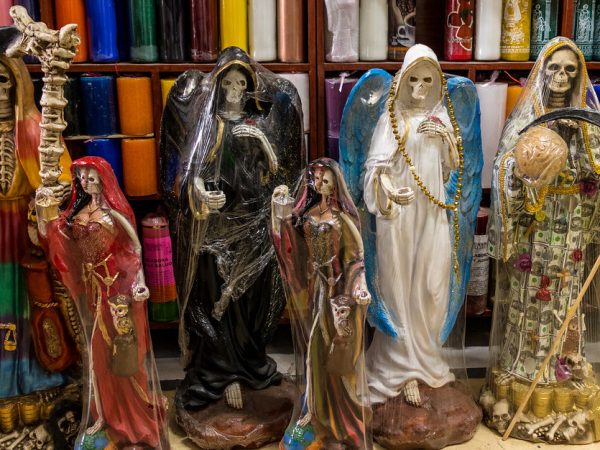
When we perceive La Santa Muerte devotees as people operating outside of the rules instead of people seeking God in the messiness of a broken world, we miss the fundamentally holy desires that operate alongside the damaged ones in these practices.
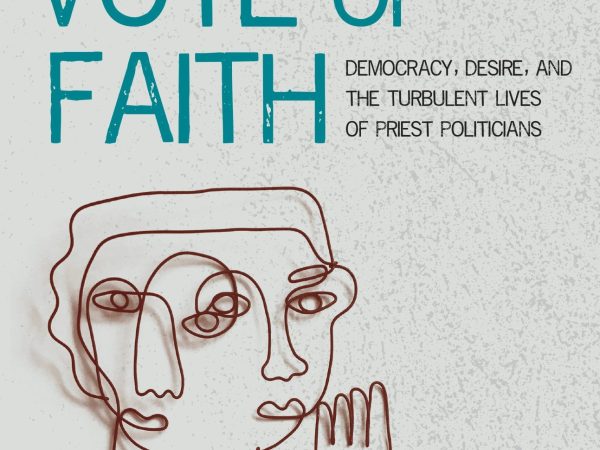
Priests, in order to become mayors, had to be viewed as lovers. So, the mayor-priest is a ‘lover’ in multiple senses. He has to embody God’s love. He has to perform paternal love. He has to signal to society that he is also, very likely – albeit in secret – to be a good sexual lover as well.

The language of ‘right to defense’ has been consistently deployed to legitimate Israel’s general military strategy and ongoing U.S. provision of weapons as its policy. Meanwhile, Pope Francis consistently calls for an end to the mass atrocity of war… Something drastically needs to change.
